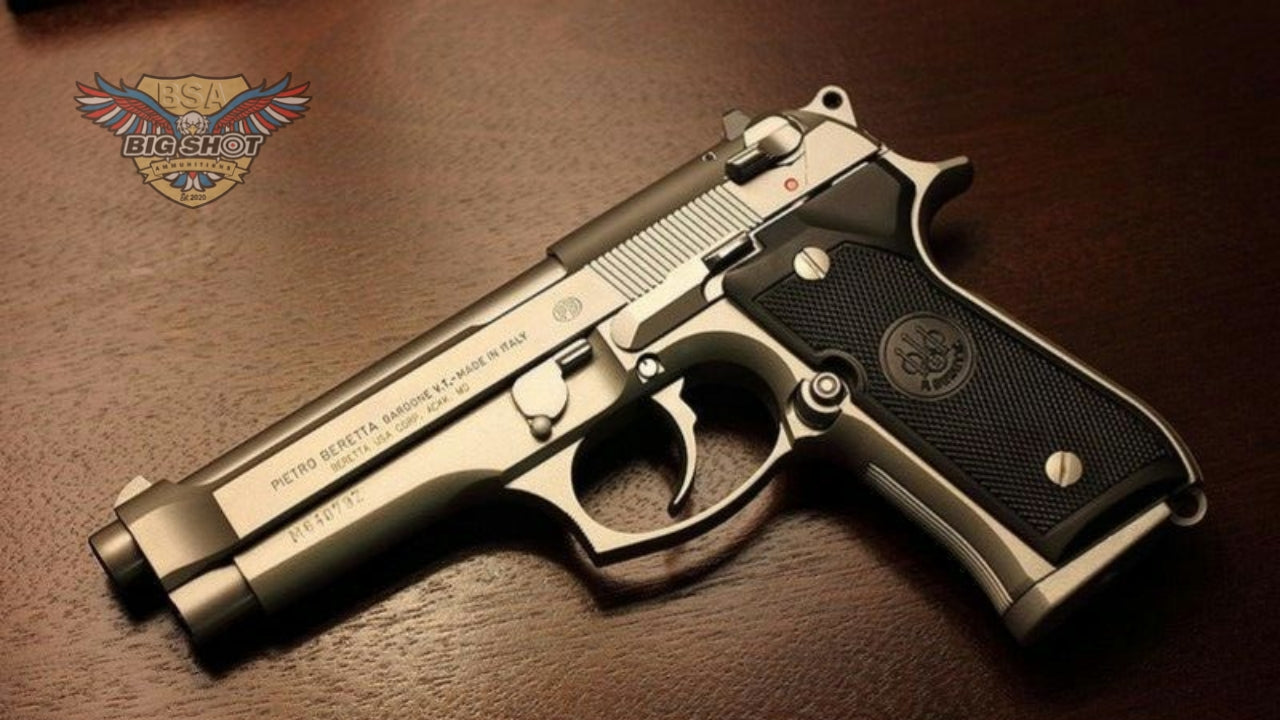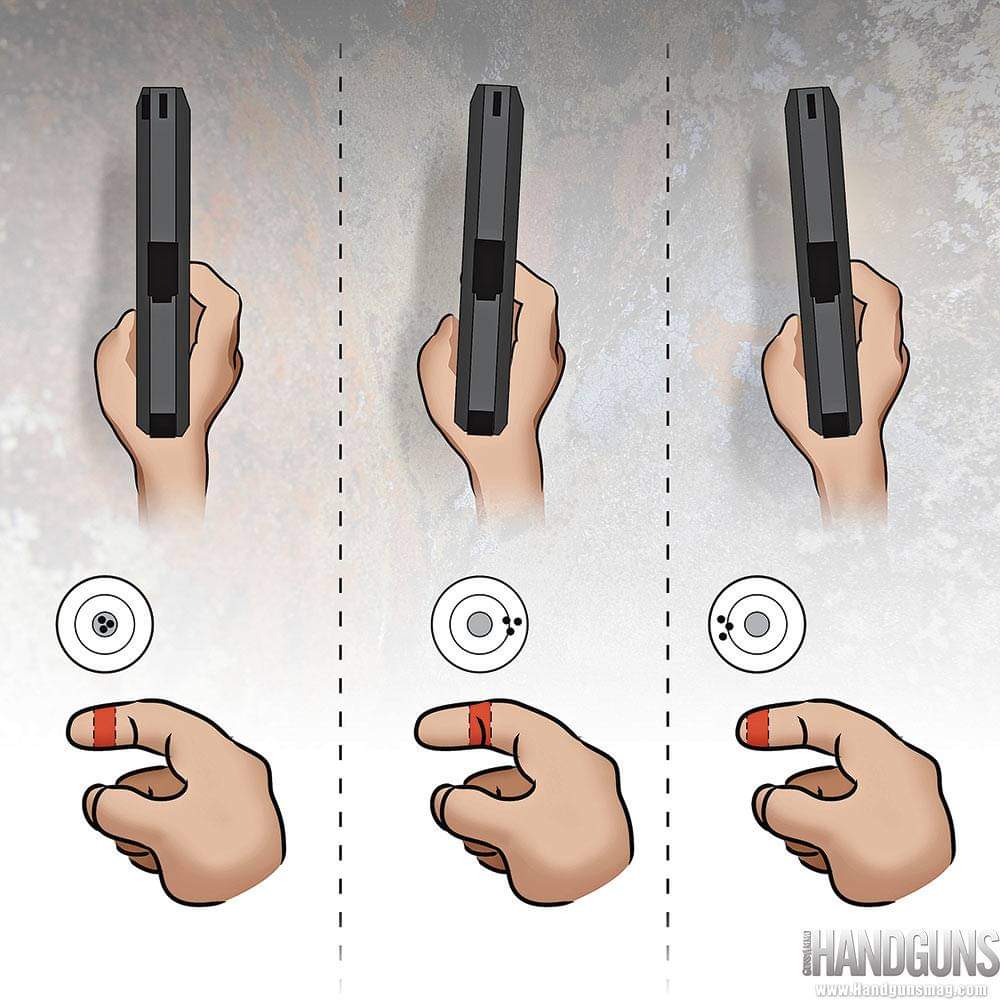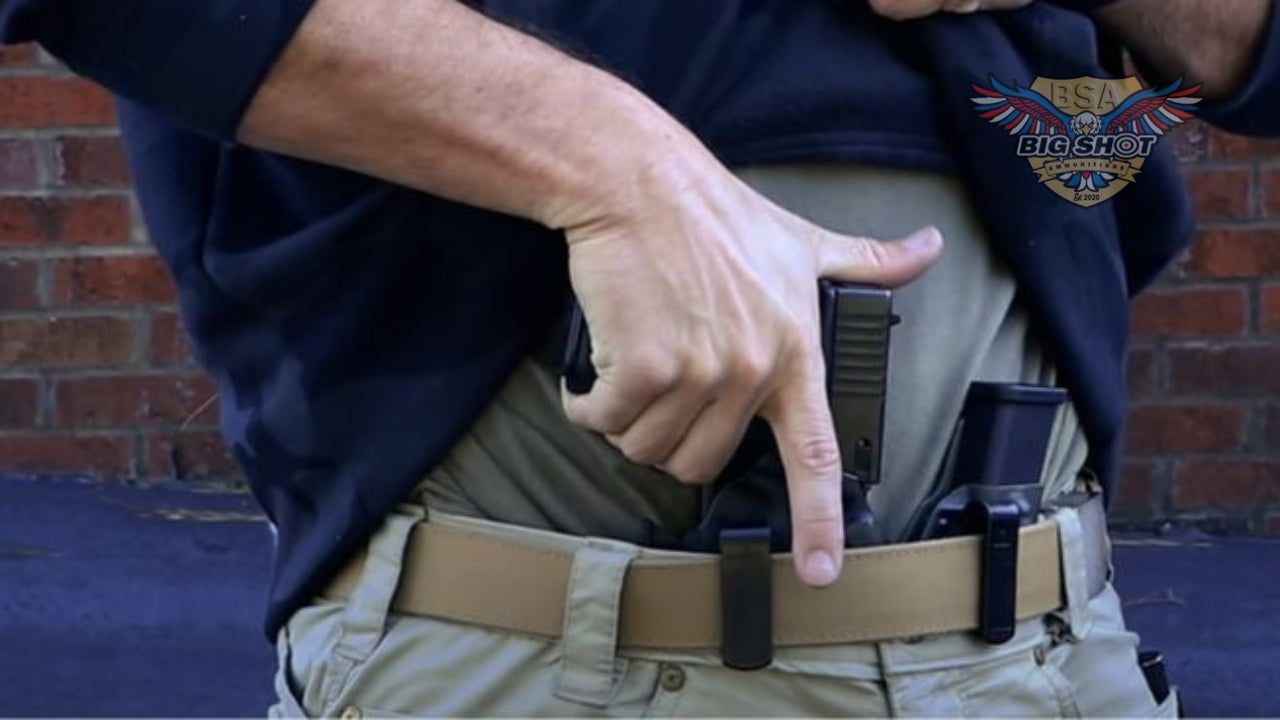
Why firearms safety training is critical for concealed carry permit holders?
What is a Concealed Carry Permit?
A concealed carry permit is a license issued by the state or local government that allows you to carry a concealed handgun.
The eligibility requirements vary from state to state, but generally speaking, you must be at least 21 years old and have no criminal record. You also must pass a background check before being approved for your license.
In addition to these general requirements, there are several types of permits:
- Shall-issue permits are issued based on meeting certain criteria (such as passing an extensive background check). They're typically easier to obtain than may-issue ones because they don't give authorities as much discretion when deciding who should have them; however, some states only issue shall-issue licenses if you live in an area where crime rates are high enough that law enforcement feels it necessary for everyone who wants one
Why is Firearms Safety Training Important?
- Understanding Firearms Safety
- Potential Consequences of Improper Use
- Importance of Training
What is the Scope of Firearms Safety Training?
In order to obtain a concealed carry permit, you must complete a firearms safety training course. This is because the state wants to make sure that people who carry guns are well-educated about them and can handle them safely.
The scope of this course varies from state to state, but it usually includes:
- Basics of firearms safety (e.g., how they work)
- Understanding the laws regarding concealed carry permits and self-defense strategies
Where Can I Find a Firearms Safety Course?
There are several types of firearms safety courses available, including:
- Online courses. These can be taken from home, but they may not be as comprehensive as a classroom-based course.
- Local training centers. These can be more expensive than online classes, but they offer the benefit of hands-on experience with real firearms and live ammunition.
- Private instructors who offer private instruction in your home or at their own location (such as a gun range). This option is ideal if you're looking for one-on-one instruction and want to learn how to shoot with your own firearm(s).
What Are the Benefits of Taking a Firearms Safety Course?
- Increased knowledge and confidence
- Better understanding of laws
- Improved safety
What Are the Different Types of Firearms Safety Training?
There are three main types of firearms safety training:
- Basic safety courses. These classes are designed for people who have never handled a gun before, or who have only shot one in their life and need a refresher on proper handling techniques. They cover all the basics, from how to load and unload a firearm safely to proper stance when shooting at targets (and what constitutes an unsafe stance).
- Advanced courses. These classes focus on more advanced topics like marksmanship, target acquisition and accuracy, how to use your firearm in self-defense situations (including drawing from concealment), tactical reloading techniques, etc. They're usually taught by experienced instructors who have been through extensive training themselves--and they tend to be more expensive than basic courses because they require more time spent learning material before you can take them.
- Specialized courses: Some states require applicants seeking concealed carry permits take specialized classes focused on specific types of weapons like shotguns or handguns; others don't mandate any particular type of coursework beyond basic marksmanship fundamentals
What Is the Difference Between a Concealed Carry Permit and a Firearm License?
A concealed carry permit is a legal document that allows you to carry a handgun in public. It's different from a firearm license, which is required for gun owners who want to keep their weapons at home.
A concealed carry permit requires more training than a basic firearm license because it allows you to carry your weapon outside of your home. In order for you to get this permit, you must complete an approved course on firearms safety and pass all necessary background checks before applying with your local sheriff's department or police chief.
What Are the Benefits of Having a Concealed Carry Permit?
- Increased safety
- Legal protection
- Peace of mind
What Are the Drawbacks of Having a Concealed Carry Permit?
- Increased responsibility. Having a concealed carry permit means that you are responsible for the safety and maintenance of your firearm. This includes ensuring that it is always stored in a secure location, especially when not in use.
- Potential legal issues. If you are arrested or charged with a crime while carrying your weapon, it could be confiscated by law enforcement officers and held as evidence until the case has been resolved in court--even if you were found not guilty!
- Risk of misuse: A person who does not have proper training may accidentally discharge their gun while attempting to draw it out of its holster or pocket. In addition, some people have been known to brandish their weapons during heated arguments or fights; this can lead to serious injury or death because no one knows what will happen next!
Conclusion
In conclusion, firearms safety training is critical for concealed carry permit holders. The more you know about how to safely handle a firearm and what to do in the event of an emergency, the better off you'll be.
If you have any questions about this article or would like more information on firearms safety training, please contact us at [email protected]




Leave a comment
This site is protected by hCaptcha and the hCaptcha Privacy Policy and Terms of Service apply.